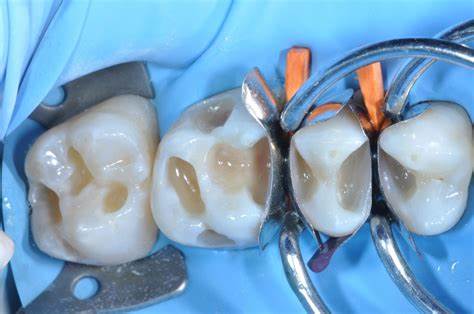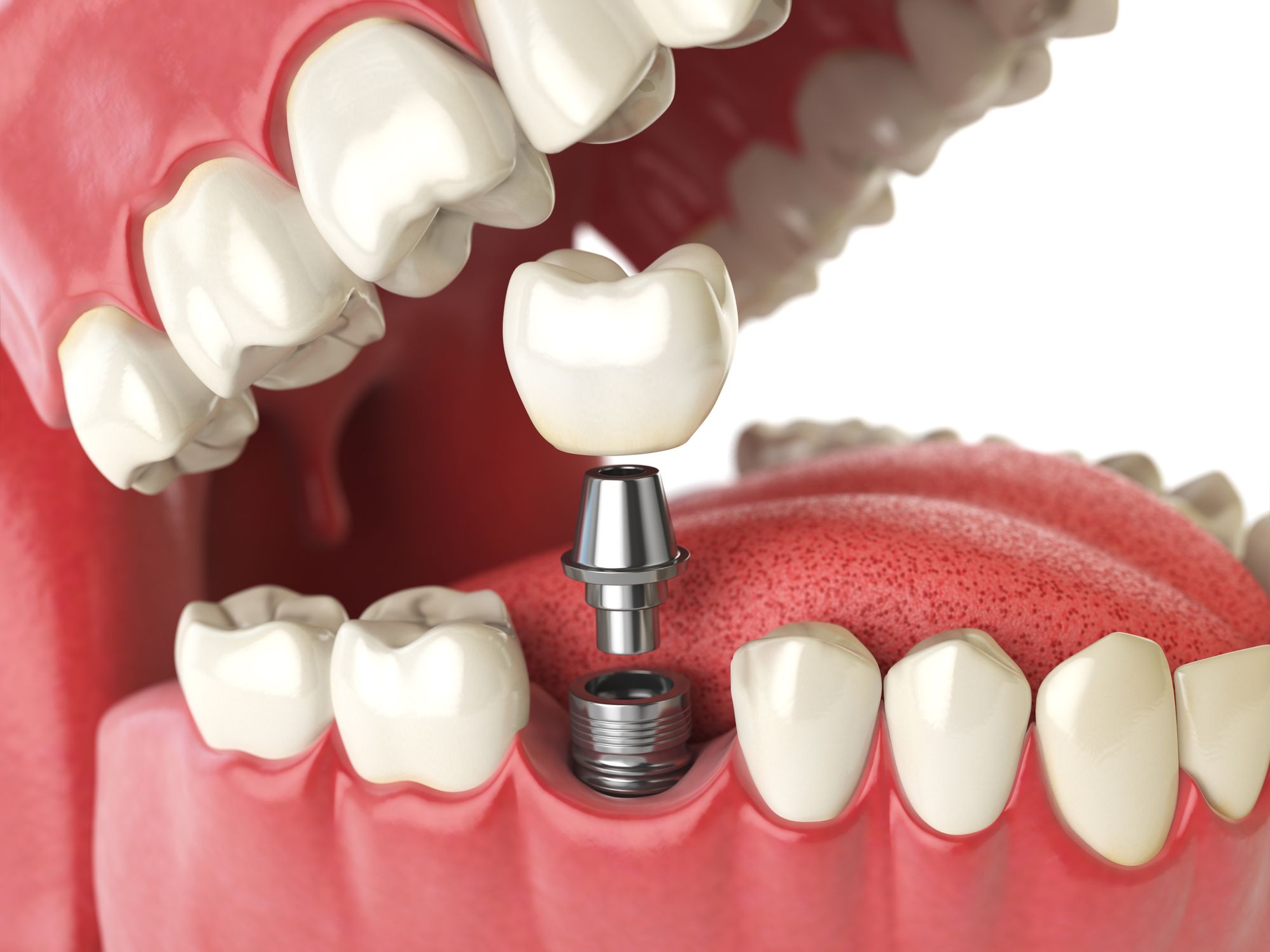Clinical Endodontics Certificate
The course will comprise of lectures and workshops. This is a 2 months course over 12 days leading to a postgraduate Certificate in Clinical Endodontics from the Royal Academy of Dentists. Successful completion of the 2 months course will allow entrance to the examination for the Certificate in Clinical Endodontics. This will include MCQ Examination and Case Studies.
Module 1 | Fundamental of Endodontics
Programme outline: Introduction to contemporary concepts of endodontics. Understanding of instrument design and its effect on the prevention of iatrogenic errors.
Why: A skilled clinician must understand current understanding of Endodontic Systems, disinfection and properties the tools and materials in his hands.
Hands-on: Hand instrumentation and lateral compaction techniques.
Why: It is simple but mandatory to master basic hand instrumentation as well as lateral compaction but with tips and tricks that are even useful in advanced Dentistry.
Module 2 | Aetiology and Diagnosis of Endodontic Disease
Group 1: 27-30 July 2023 (4 days) | Group 2: 26-29 April 2024 (4 days) | Group 3: 19-22 June 2024 (4 days) |
Group 4: June 2024 (4 days)
Programme outline: Microbiology of endodontic disease and its relationship with the host immune response.
Why: Successful Endodontic cases depend greatly on understanding Microbiology of endodontic disease and its relationship with the host immune response. This allows management of Endodontic cases each as appropriate.
Hands-on: Rotary NiTi and thermoplastic obturation techniques.
Why: After Understanding and practicing basics of instrumentation now comes the necessary advanced explanation of rotary devices and techniques and how each system allows for optimum obturation with a suitable instrumentation technique.
Module 3 | Traumatic Injury, Pain and its Management
Group 1: 12-15 October 2023 (4 days) | Group 2: 16-19 August 2023 (4 days) | Group 3: 26-29 Sept 2023 (4 days) | Group 4: Sept 2023 (4 days)
Programme outline: Emergency endodontics and diagnosis in depth. Differentiation between Odontogenic and non-odontogenic pain. Diagnosis and management.
Why: When you are a successful clinician a lot of your cases will be managing emergencies. How to handle the patient at first instance is crucial. How to follow up on treatment comes next.
Hands-on: Rotary Niti with different systems and advanced thermoplastic obturation techniques.




